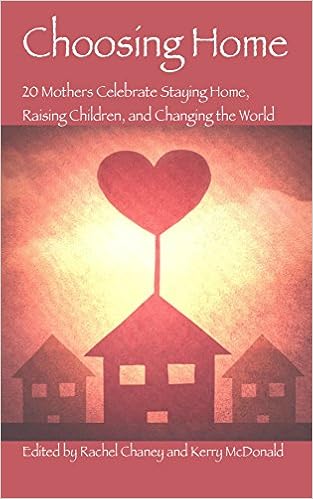"The concept of childhood, so vital to the traditional American way of life, is threatened with extinction in the society we have created. Today's child has become the unwilling, unintended victim of overwhelming stress--the stress borne of rapid, bewildering social change and constantly rising expectations."
When Tufts University psychology professor, David Elkind, wrote the above statement in his popular book, The Hurried Child, it was 1980-- just the beginning of an American culture of childhood "enrichment" and "opportunity" that has become so pervasive that we now expect kindergarteners to read, preschoolers to sit quietly at desks, and childhood "achievement" to be the undisputed marker of future success in a global economy. It's no wonder that rates of childhood anxiety and depression are skyrocketing, and the pharmaceutical industry happily creates tablet antidotes.
But the real antidote is simply play. Stay calm and let them play.
As Boston College psychology professor, Dr. Peter Gray, writes:
"By depriving children of opportunities to play on their own, away from direct adult supervision and control, we are depriving them of opportunities to learn how to take control of their own lives. We may think we are protecting them, but in fact we are diminishing their joy, diminishing their sense of self-control, preventing them from discovering and exploring the endeavors they would most love, and increasing the chance that they will suffer from anxiety, depression, and various other mental disorders."
Somehow we parents got on this treadmill, believing that we need to schedule the majority of our children's time with adult-led activities and classes. Our intentions were no doubt good. We all want the best for our children. But in scheduling their days and filling their time with adult-directed activities, we strip our children of their instinct to play, to discover their own world, to imagine and create all on their own, without a grown-up telling them how or why or when.
As researchers Roberta Michnick Golinkoff and Kathy Hirsh-Pasek write in their the excellent book, Einsten Never Used Flash Cards: "Parents who don't want to participate in all of the accelerated opportunities and activities for their children often feel anxiety in this new childrearing climate. As parenting itself has become more competitive, many moms and dads worry that their children could be left behind if they don't take advantage of every available opportunity."
In full pursuit of these purported opportunities, when is children's time to play? I mean really play: on their own, for long stretches of time, without adults leading the charge, without the latest "research" telling them how best to play. As the Einstein authors assert:
"By making children dependent on others to schedule and entertain them, we deprive them of the pleasures of creating their own games and the sense of mastery and independence they will need to enjoy running their own lives. The concept of enjoyment, of silliness, of play, is relegated to the back of the bus. The concept of downtime--when we can just do nothing, reflect a little, and have a chance to become ourselves--seems to be a kind of heresy in the current cult of achievement."It's easy to get caught-up in the culture of acceleration, easy to be wooed by another class or possibility. The challenge for all parents is to quiet the noise, to follow our instincts and recognize how far from normal we have pushed modern day childhood. Instead of being so focused on "outcomes," on results and scores and other manifestations of so-called achievement, we should focus on giving our children the time and space and freedom to play, to grow, to learn, to be.
It may be the biggest parenting challenge of our time: to fiercely protect and preserve a natural childhood and give our children the gift of play.
























No comments:
Post a Comment
Note: Only a member of this blog may post a comment.